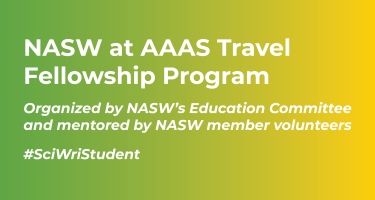
Learning to Chat with GPT
Large language models, like ChatGPT, have the incredible ability to grasp language. How exactly does it work, and what can we learn about ourselves through these models?
Coverage begins in 2006 for the ScienceWriters meeting and 2009 for the AAAS meeting. To see programs for past ScienceWriters meetings, go to the ScienceWriters meeting site.

Large language models, like ChatGPT, have the incredible ability to grasp language. How exactly does it work, and what can we learn about ourselves through these models?
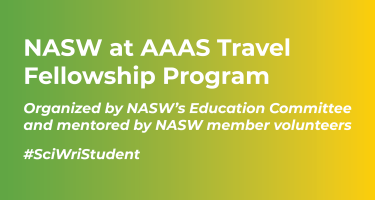
The FDA's July 2023 approval of a new drug to treat Alzheimer's disease marked important progress in a long quest.
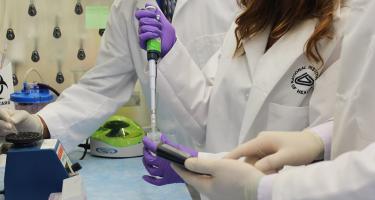
Scientists note that inclusive science doesn’t just mean diversifying the workforce. It also means producing inclusive outcomes.
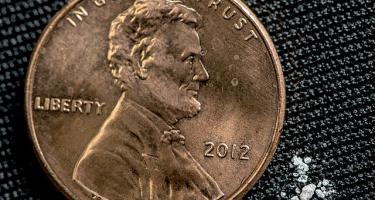
During a Feb. 17 session on fentanyl at the American Association for the Advancement of Science annual meeting, speakers advanced a controversial proposal to declare fentanyl a “weapon of mass destruction,” at times making assertions unsupported by evidence.
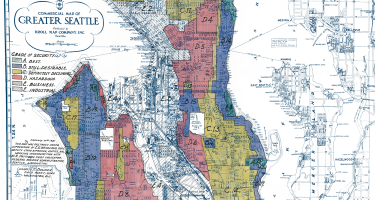
Researchers from across the U.S. are making climate justice an integral part of higher education, in environmental courses and beyond.
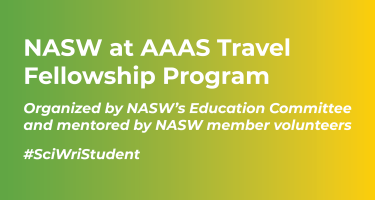
Leveraging science for diplomatic purposes, as opposed to using diplomacy to promote science, could pose risks to scientific integrity and objectivity.
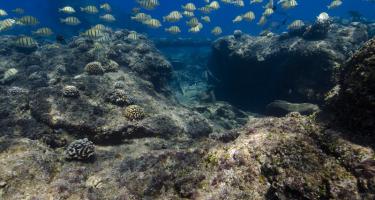
At the AAAS annual meeting, researchers discuss the environmental impacts of ocean based carbon-capture technologies, which may help mitigate climate change.
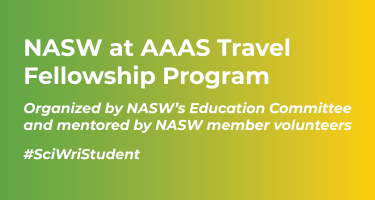
Although it seems they might leave humans in the dust, generative AI systems are still bested by questions that even a child could answer, studies show.
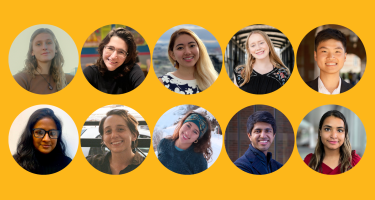
The National Association of Science Writers provided travel funds to 10 students exploring science writing careers to attend the 2024 AAAS Annual Meeting.